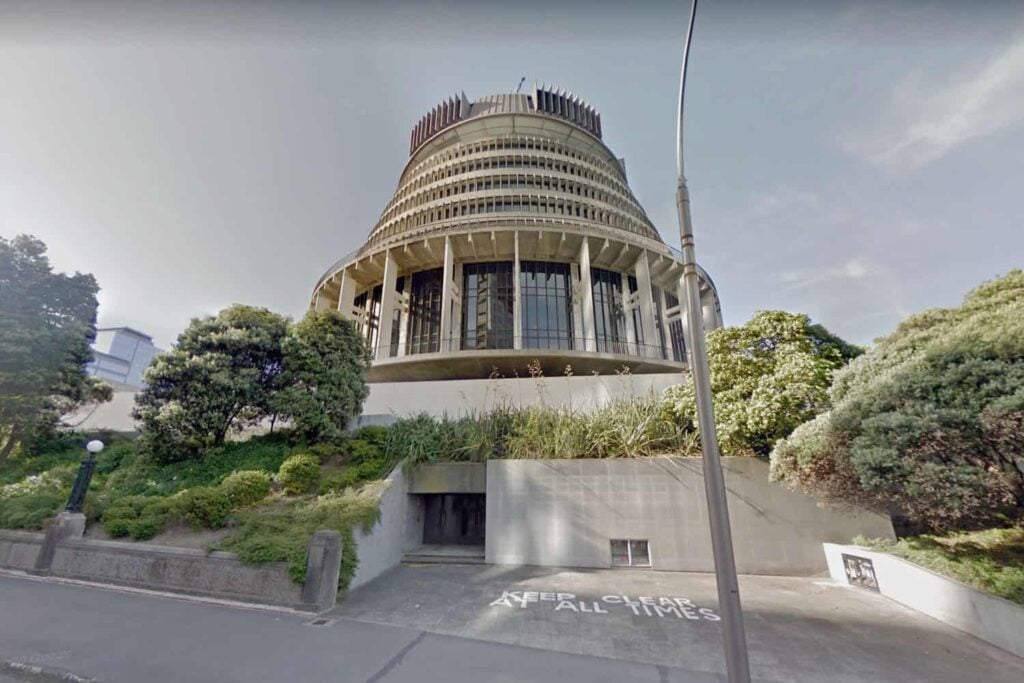March 24, 2011.
In New Zealand we take a soft approach to ensuring compliance with standards in early childhood services.
Under the Education (Early Childhood Services) Regulations 2008 there is provision for a centre to be given written notice that its licence will be suspended if there are “reasonable grounds” such as ill-treatment of children, failing to ensure that a child is not ill-treated, or that its not in the interests of children for the service to continue to operate. The maximum fine for a breach of the regulations is $500. and this is only for a person who ‘knowingly makes a false statement in an application’ for a licence or says that his/her service is licensed when it is not licensed.
We don’t have a system for accreditation of centre quality in NZ. When a service is first licensed the Ministry of Education checks that it is fully in compliance with the regulations and licensing criteria before issuing a licence, then ERO will contact the service every three years (or more frequently if a problem was identified in a previous review) and let it know that it will be visiting to complete a review. ERO review reports are published and made available for parents on ERO’s website. The Ministry of Education will visit and check on an early childhood service usually only if a compliant is received (e.g. from a parent) and it is believed that the complaint is justified and one that needs to be followed up. Very few early childhood service licenses are ever revoked.
Contrast our system to the Australian system and its quality accreditation system and a fine system that Australia is looking to introduce.
New regulations are to be introduced from January 1 which look likely to include fines of up to $200 for breaches of health, hygiene and safe food practices and failing to ensure the safety and well-being of children. This may cover practices such as not washing hands between nappy changes and failing to make sure children wash their hands before eating.
Services may face court-enforced penalties of up to $30,000 for failing to ensure children are supervised and protected from harm. And up to $20,000 for not delivering a programme based on an “approved learning framework” that responded to each child’s “needs and abilities”.
The latest Australian National Childcare Accreditation Council found 29 per cent of childcare centres assessed did not have effective food, safety and hygiene practices. 20% did not act to prevent the spread of infections and diseases. 18% did not have a programme that assisted each child to be a successful learner.









